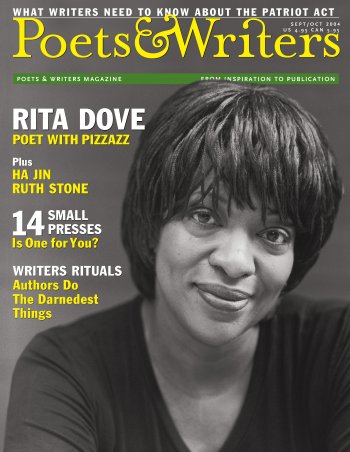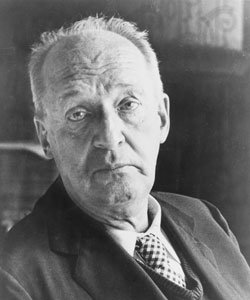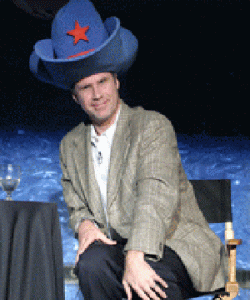
Taking dance lessons might be a surprising response to a lighting bolt that struck at the heart of Rita Dove's rich literary life, destroying manuscripts and hard drives along with much of her home. But that's exactly what the Pulitzer Prize–winning poet did.











